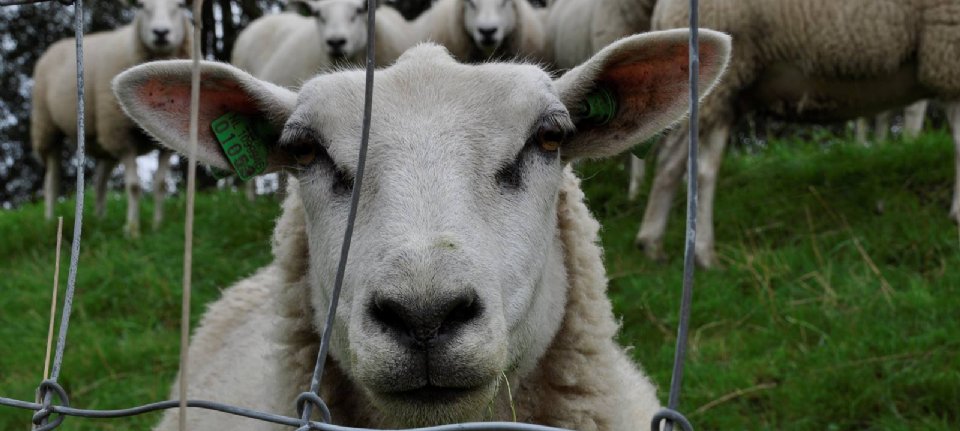“A booster vaccine could better protect sheep from bluetongue and increase resistance. This requires a conscious policy,” says Saskia Duives-Cahuzac, head of the LTO’s sheep breeding department. “It is a personal decision for each sheep farmer.”
Virologist Piet van Rijn from Wageningen Bioveterinary Research previously advised that sheep should be protected against bluetongue through additional vaccination. The head of the department would like to make a few comments on this: “A sheep that is infected with the virus and survives is protected for a long time – perhaps even for life – against the virus with this serotype. This must be confirmed by an individual PCR test.
This applies to all the sheep that were affected by bluetongue last year, which survived and are now in good condition, notes Duives Cahuzac. “These animals no longer need to be vaccinated.”
In addition, according to the head of the department, many sheep have become ill despite vaccination. You can then vaccinate, but that doesn’t make much sense. Bluetongue infection is the best protection, but the animal must then recover completely. Fever caused by other pathogens has a negative effect on bluetongue vaccination.
Personal consideration
Duives-Cahuzak believes that the choice of vaccination is a personal decision: “The animals then go through a period where the body responds to the vaccine. This can be accompanied by fever. Rams need to be fever-free for six weeks if they want to produce fertile offspring. While you want to burden the ewes as little as possible in the first period of pregnancy. This is important for good embryo implantation.
She also knows that after lambing there is a period of great stress for the ewe: “You then have to look at the condition of the animal to see if it can handle the vaccination.”
What can also play a role in deciding whether to vaccinate is the cost. The sheep farmer bears this himself. The head of the department advises: “If you have the money, make a personal decision about whether you can afford to vaccinate your sheep a second time.”
She also knows that the money is not always there. “Sheep farming has had a difficult year financially, and many entrepreneurs are desperate. We will consult the minister about why people behave differently in the Netherlands compared to neighbouring countries. There is currently no level playing field.

“Total coffee specialist. Hardcore reader. Incurable music scholar. Web guru. Freelance troublemaker. Problem solver. Travel trailblazer.”







More Stories
GALA lacks a chapter on e-health
Weird beer can taste really good.
Planets contain much more water than previously thought